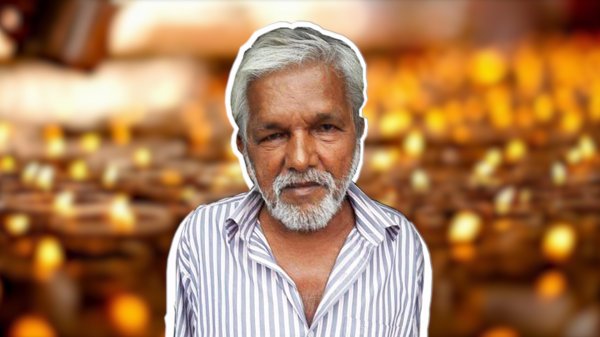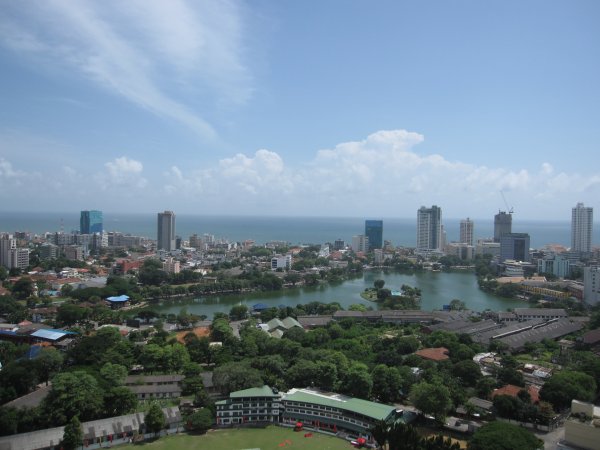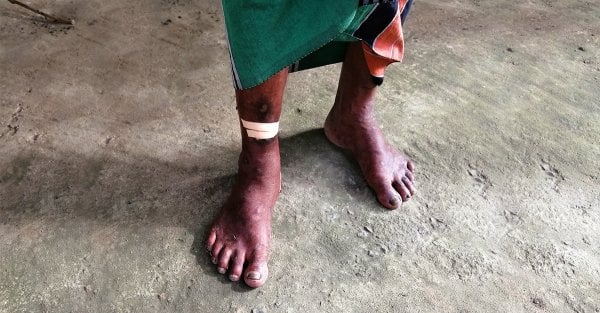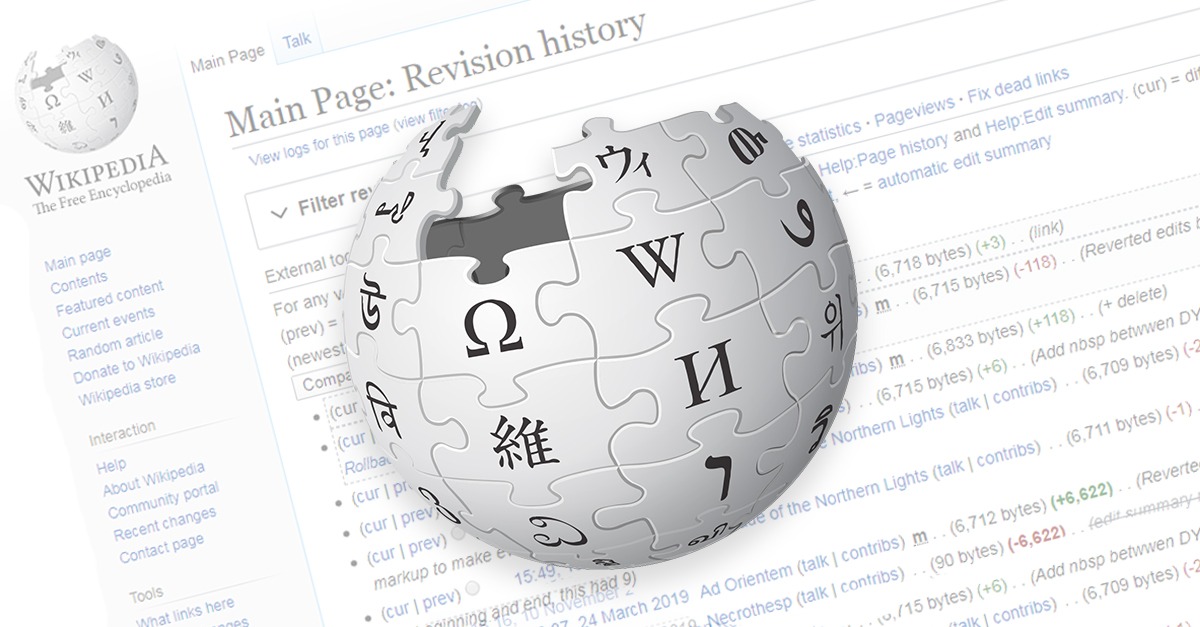
In the consensual hallucination we also call cyberspace, there exists what science fiction writer Yudhanjaya Wijeratne (27) describes as a ‘digital panopticon’—none other than one of the most frequented websites in the world, Wikipedia.
“Think about it,” he tells me, at a crowded restaurant in Colombo, attempting to shape with his hands a panopticon. “Everyone is watching”. And it’s true. The inherent nature of Wikipedia ensures that all content is reviewed.
Wijeratne thinks this is a good thing. “This way everything is kept in check,” he said, explaining how Wikipedia’s content policies and guidelines that ensure more senior ‘editors’—as all contributors are known—are responsible for vetting and approving.
“As you keep making more and higher-quality edits and additions, you start unlocking more privileges within the system,” he said.
Launched on January 15, 2001, by Jimmy Donal ‘Jimbo’ Wales, a British-American Internet entrepreneur and Larry Sanger, an American internet project developer, who coined the name from the Hawaiian word for for ‘quick’ (wiki) and ‘encyclopedia’, the platform is today a multilingual, open-collaboration encyclopedic project owned and supported by the non-profit Wikimedia Foundation.
Featuring free content, running no commercial ads, and funded primarily through donations, the site is accessed by over 1 billion unique devices and has over 200, 000 volunteer editors contributing to Wikimedia projects every month. All three languages spoken in Sri Lanka are represented on Wikipedia, although English, is by far the most populated.
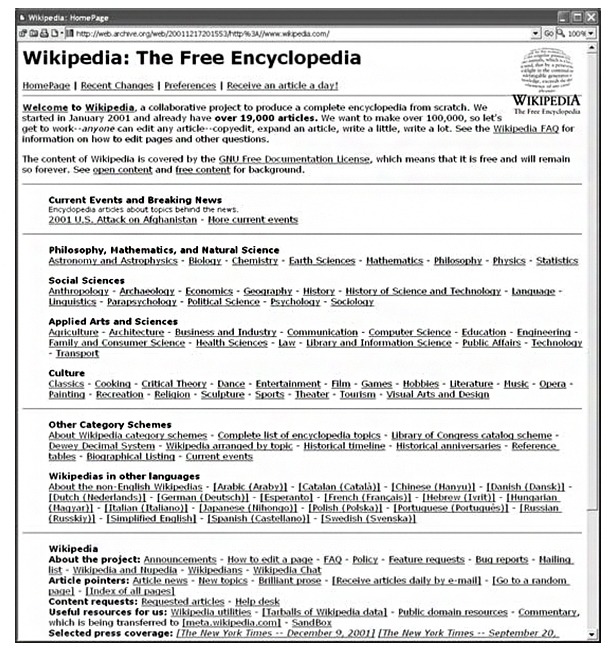
In Vernacular Languages
Wikipedia is a large entity, with millions of pages in about 297 active languages. But, “Sinhala Language Wikipedia is tiny. Minuscule,” according to Wijeratne. Tamil Language Wikipedia is larger because of its geographical reach—Tamil is used in India as well, but in terms of purely Sri Lankan content, Tamil still falls short.
Pradeeban Kathiravelu (32), a postdoctoral researcher in distributed systems at Emory University, Atlanta, who has been an editor on Wikipedia since 2008, feels this could, inversely, be because of Wikipedia’s stringent editorial policies. “There are some over-enthusiastic maintainers out there, [ready] to delete anything,” he told Roar Media.
“The process of writing itself is easy,” he said, explaining that the challenge lay instead, in getting Wikipedia to understand and accept the relevance of certain topics. “A Sri Lankan temple may be notable to us and deserve an article. But on the global scale, it may be hard to prove that notability to a foreign maintainer who is sanity-checking the new articles,” he said.
Nisansa de Silva (32), a doctoral candidate at the Department of Computer and Information Science at the University of Oregon in the U.S.A, who has been an editor on Wikipedia for many years, agreed that one of the primary difficulties encountered by local contributors is having admins from outside the country, with little local context, attempt to delete the page on the grounds that it does not meet ‘Notability Requirements’, citing as example an attempt to delete the page of a notable Sri Lankan software developer and businessman. “If Sanjiva Weerawarana‘s notability is questioned, how will we ever be able to add a page about a dean of a faculty or a Sri Lankan businessman?” he asked.
Referring to the scale and scope of the Sinhala Wikipedia pages, de Silva noted that Google’s search optimisation may not always be useful to growing interaction with these pages. “Most people get to Wikipedia through a Google search,” he told Roar Media. “[And] unless you search for a Sinhala word or phrase in Sinhala Unicode, Google will give you the English version.”
Despite these challenges, Kathiravelu, notes that Sri Lanka has committed contributors. “Any latest local event is quickly recorded,” he said. “That shows enthusiastic participation from Sri Lankans. Similarly, several important pages get translated to Sinhala and Tamil quickly too.” And although a dedicated ‘Wikipedians in Sri Lanka’ page indicates that over 100 editors are in operation, Kathiravelu feels the numbers are possibly far higher.
Click here to view a video advertisement run in 2014 encouraging people to contribute to the platform.
The Sri Lankan Community, ‘IRL’
Most local editors on Wikipedia don’t know each other ‘offline’, or in ‘irl’ (in real life), many preferring to be anonymous—although anonymity is not required to be an editor. Referring to the local events that are quickly recorded locally, Kathiravelu said most edits came from unregistered users. “If you see the edit history, you will notice only their IP address and not the user name,” he said. “Even those with a user name may not sign in when they make an edit.”
He also pointed to the existence of editors who come online with the intent to disrupt. “I have seen those who make only controversial edits or vandalize existing articles. Such behaviour makes a negative impact,” he said. Wijeratne also gave as examples some of the ‘edit wars’ that have broken out in Sri Lanka—incidents he has documented on his own Facebook page, in which Sri Lankan editors on Wikipedia with diametrically opposite points of views and agendas disagree with each other on the content of a specific page.
In these cases, it is often an editor based out of the country who must get involved to ensure a resolution to the conflict. However, when asked, Wijeratne felt it was not necessary for Wikipedia to establish a physical local presence, as perhaps, some of the other companies have begun to do. He is firm in his belief that the ‘open’ nature of Wikipedia is what keeps the platform so authentic.
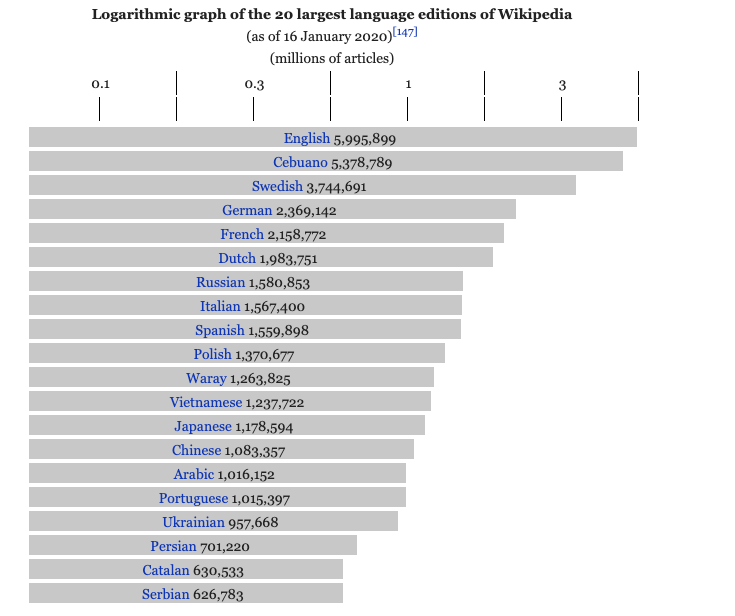
Manipulation And Dependability
While agreeing that there is a huge deficit in local content, Wijeratne also disagrees that paying writers, or editors, to create content would solve the problem, explaining that the minute money was involved, the impartiality of the editor and the integrity of the Wikipedia page was compromised. Referring to the ‘edit war’ documented previously, he said he would not have been able to persist in his mission to have the objective truth recorded if money had been involved.
Both Kathiravelu and de Silva agree. “The volunteer-based system works,” Kathiravelu said. “Wikipedia is growing and is quite stable—that shows that it works. “[Bringing money in] would inevitably introduce an author-vetting process, which in turn will be a barrier to the entry of a hobbyist or a newcomer,” de Silva said.
Pointing to the fact that Wikipedia offered countless sources and backlinks, all of which would be used as research material, Wijeratne said that he also felt that the reluctance to accept Wikipedia as a dependable source of information, is one of the biggest mistakes people make. De Silva agreed. “That idea [that Wikipedia is not a dependable source of information] has not been true for a decade,” he said “But the old teachers that “learnt” that idea, continues to regurgitate it oblivious of the changes that have happened [since].”
Kathiravelu disagreed to some extent. “Never cite Wikipedia articles,” he said. “Anyone can make a Wikipedia page, and it is filled with self-promotion, vandalisms, and biased views. But Wikipedia is an excellent source to get a basic understanding of any topic, and most list multiple sources you may be able to go through and cite instead if you find them relevant.”

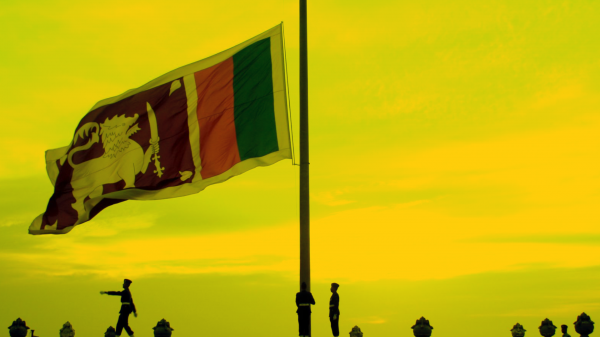
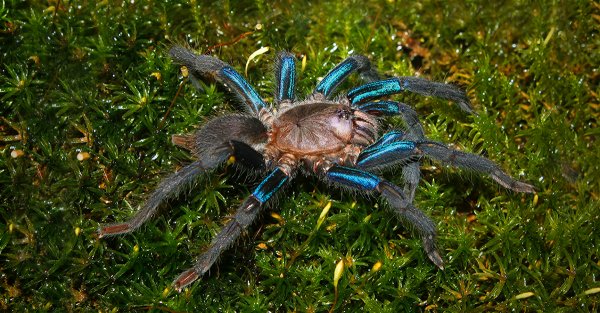
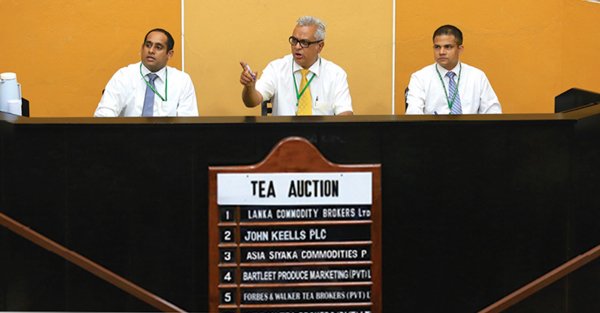
.jpg?w=600)
